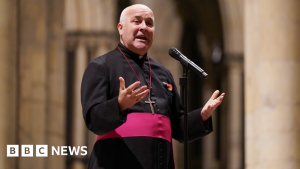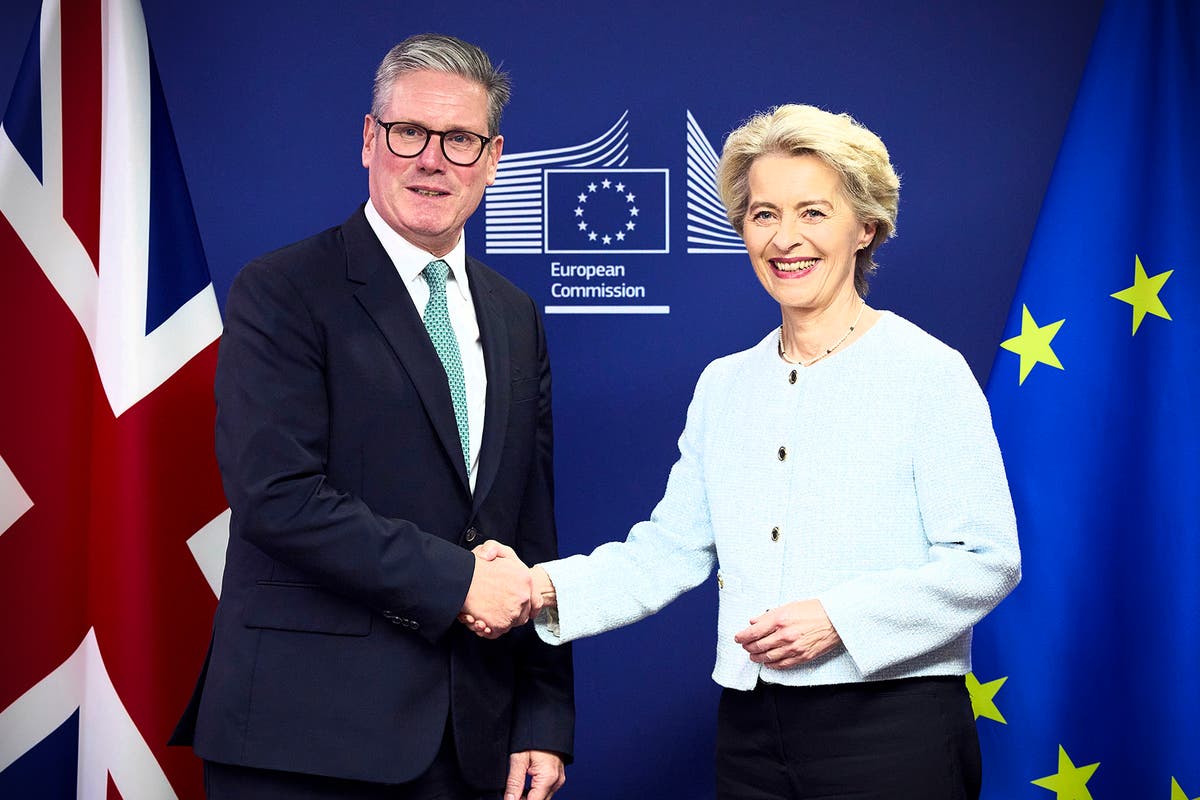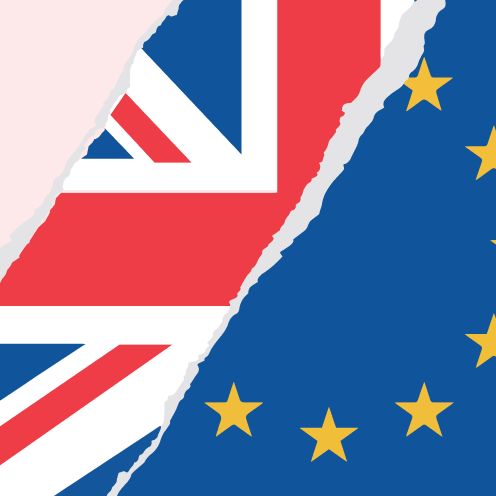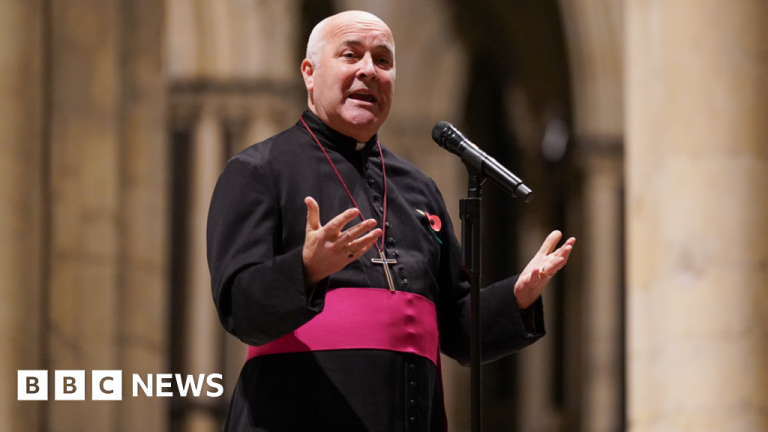Keir Starmer is being pushed to be more ambitious wiith his Brexit relations reset with the EU after new polling suggested voters – even Brexiteers – now support reversing large parts of the UK’s departure from the bloc.
The survey of 9,278 voters was commissioned by the European Council on Foreign Relations (ECFR). The YouGov and DataPraxis survey of six European countries (France, Germany, Great Britain, Italy, Poland and Spain) is the most comprehensive poll of public attitudes towards UK-EU relations since 2016.
In the UK it found that British citizens are reluctant to follow America’s lead during a second Trump presidency, and a majority – including many Brexit-voting citizens – now favour a “closer” relationship with the European Union for the coming period.
The polling suggested that Brexit-era divisions within Britain have abated, with both Leavers and Remainers now prepared to countenance free movement in exchange for a stronger economic relationship with the EU.

Meanwhile, among Europeans, there is an openness to granting the UK “special access” to the EU single market and access to the bloc’s research programmes, in exchange for deeper security cooperation.
According to the findings, 55 per cent of UK respondents wanted closer ties with the EU. When asked who the UK government should prioritise relations with, 50 per cent choose Europe and only 17 per cent the US.
It also showed that 68 per cent of respondents in Britain see benefit in reintroducing cross-Channel freedom of movement in exchange for access to the European single market.
The desire for cooperation, and willingness to forgo previous red lines, was reciprocated in Europe. A majority of voters in Poland (54 per cent) and Germany (53 per cent) – and a prevailing opinion in Spain (43 per cent), Italy (42 per cent) and France (41 per cent) – agree that the EU should grant the UK special access to certain parts of the European single market to secure a closer security-based relationship.
In a House of Lords committee hearing this week, European affairs minister Nick Thomas-Symonds, who is leading the reset negotiations next year, made it clear that the government’s red lines from Labour’s manifesto are staying firmly in place. This included not rejoining the EU, single market or customs union, and not allowing free movement of people.
But the survey found that citizens are less bothered about the Labour government’s red lines than the government is.

Asked about trade-offs that could be necessary for the UK to regain special access to the European market, a large majority claims it would accept the reciprocal opening of borders, for EU and UK citizens to travel, live and work freely (68 per cent accept / 18 per cent oppose). That latter compromise would even be acceptable for a majority (54 per cent) of Leavers and 59 per cent of Red Wall voters.
ECFR’s co-founder and director Mark Leonard said: “Donald Trump’s election and Putin’s full-scale invasion of Ukraine have hit British and European politics like a double hammer blow. The Brexit era divisions have faded and both European and British citizens realise that they need each other to get safer. Governments now need to catch up with public opinion and offer an ambitious reset.”
Pro-EU campaigners said the polling proves the government needs to take a more ambitious approach.
Emma Knaggs, deputy chief executive of the European Movement UK, said: “This polling shows the extent to which the public want to mend the relationship between the UK and the EU. Labour has talked a lot about closer ties, but they need to go further, boosting the UK economy by cutting the red tape that Brexit created for our exporters, restoring mobility for young people to experience life in other cultures, and deciding what our future relationship with the EU should look like.
“It’s already clear that the days of exporting our defence needs are over. We need to bolster our defence ties with the EU, in the face of increasing threats from Russia and the possibility of reduced reliability under a Trump administration in America.
“All five of the countries polled here said greater EU-UK cooperation was also the best way to increase the European economy – and revive the UK’s poor growth. If Labour is serious about growing the UK out of its economic doldrums, the EU represents an open goal. The Government now needs to match its own thinking to public opinion.”




























+ There are no comments
Add yours